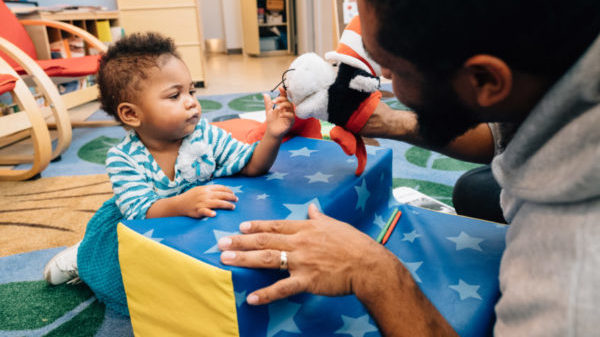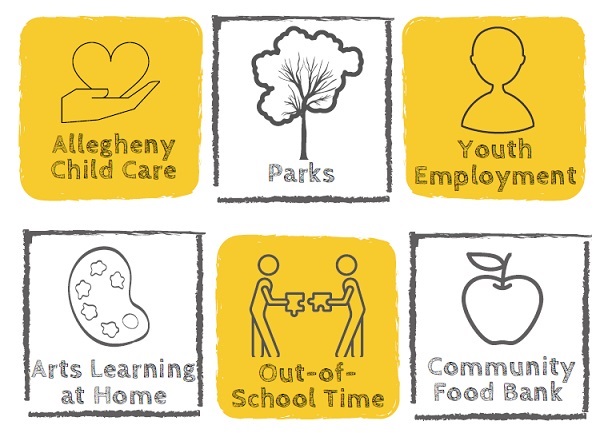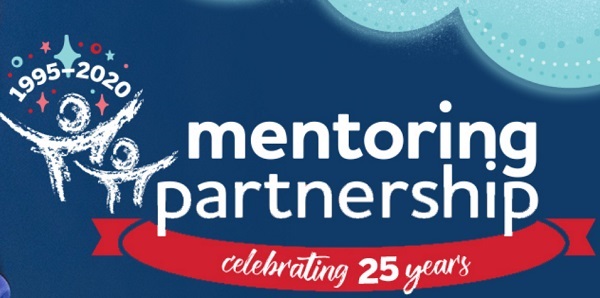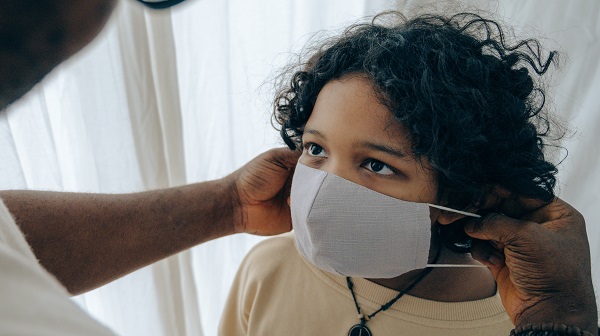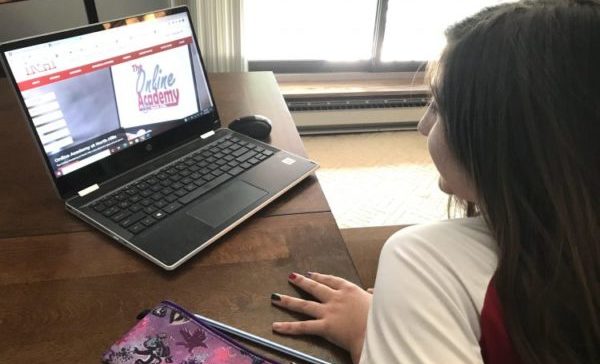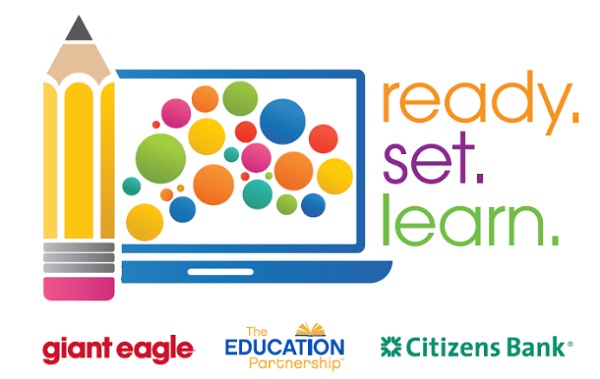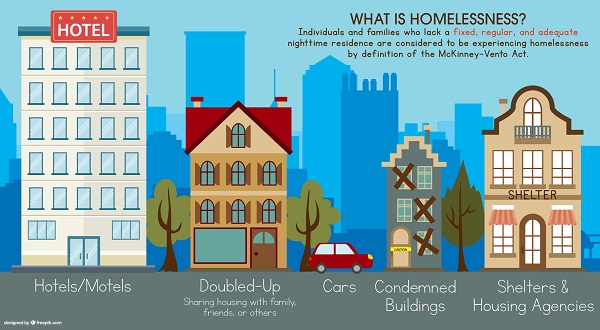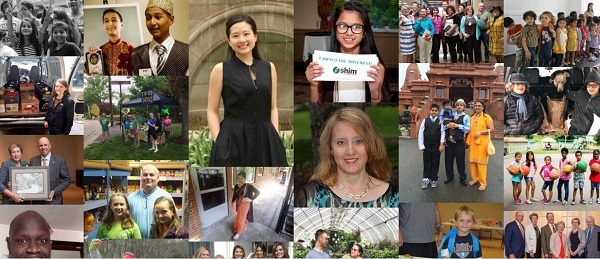
11 groups ready to help Pittsburgh families, from learning hubs to child care subsidies
This year has delivered more problems than we ever imagined. Child care. Remote learning. Unemployment. Quarantine and social distancing. But Pittsburgh organizations continue to rise to the occasion with new programming and services. Here are 9 groups ready to come to the rescue.
1. Youth Enrichment Services
Youth Enrichment Services (YES) programs cater to youth 14 to 21 through mentorship and relationship-building to empower kids to envision themselves as successful, confident leaders. This group has made a commitment to these “invisible children” with resources and support, connecting through schools and communities. The effort is especially important this year, as the threat of pandemic learning loss is predicted to be worse than the usual summer brain drain.
Programing includes sessions like All About Me, which offers tutoring, academic prep and college readiness; Employability Preparation; and Teen Café, in which members discuss current events in Town Hall Meetings. Interested kids can enroll here.
2. Trying Together
At this time of distance learning and scarce child care providers, Trying Together’s efforts to build quality child care and early education are more important than ever. These efforts can help:
Allegheny Child Care allows parents to search for child care providers and virtual programs. The data updates in real-time, so users can see details such as hours of operations and age groups served. You can also look for after-school and out-of-school options.
The recently launched Family Care and Education Forum invites conversations among families and connects them with caregivers who can respond to questions and issues.
The Early Learning Resource Center 5 (serving Allegheny County) can help families find subsidized child care. Pennsylvania’s Early Learning Resource Centers provide a single point-of-contact for parents to connect with available child care services and facilities.
3. Allegheny County Partners for Out-Of-School Time (APOST)
APOST, Allegheny County and Trying Together jointly created Community Learning Hubs as safe places for kids when in-person school is not in session. Free Wi-Fi and headphones will be provided, but kids need to bring their own electronic devices. The Learning Hubs’ staff facilitates virtual curriculum by helping kids get online, troubleshooting throughout the day and giving attention to kids’ social and emotional needs. It’s not all hard work: Afternoons offer activities for kids to have fun, too. Hubs are open during school hours on weekdays. Check here for locations and hours at the county’s 50-plus Learning Hubs. Contact individual Hubs to register and check eligibility for free spots.
4. Bridge to Learn
For years, families have relied on Bridge to Summer partnerships to find out-of-school activities and programs. With the pressures from COVID-19 and the growing need to find resources and support, the website has rebranded as Bridge to Learn. Now a year-round site, Bridge to Learn’s Program Finder is the go-to search engine to access tech support, child care services and opportunities for socializing. There’s a lot of potential for entertaining activities, too!
5. The Mentoring Partnership
The Mentoring Partnership might be celebrating 25 years, but the organization continues to evolve to keep relevant. With the idea that connection and strong relationships are more important than ever, many traditional mentoring programs are delivering services in new ways. A few examples:
- Connecting Champions connects kids with cancer to mentors from their dream jobs. The program switched to a virtual platform, coordinating matches via video call. By collecting video stories from mentors in various career fields, the programming has expanded to hospitals beyond Pittsburgh to other states.
- Everybody Wins!, a collaboration between Manchester Charter School and Eckert Seamans, continues virtually with mentor/mentee pairs from last year.
- The ASPIRE program, which works with high school kids to make good choices about their future education, will offer virtual mentoring this school year, including virtual college tours.
6. Casa San Jose
Kids who are immigrants can have a tough time adjusting to new neighborhoods and schools. The pandemic worsens matters. The Casa San Jose Latino Resource and Welcome Center helps connect immigrants with resources needed by families while businesses remain shut down and unemployment continues.
With the start of this complicated school year, Latinx kids need help connecting with friends and their larger community. San Jose’s children’s program, Puentes Hacia El Futuro or Bridges to the Future, gives kids ages 7 to 14 years a safe place where they can be themselves. At this time, the program will be held online Saturdays in September. Kids will take part in art-, science- and health-related activities, as well as Spanish lessons and homework help. The program’s mission is to build community, express culture and offer mentorship for kids.
7. R.E.A.A.D.Y. Foundation
R.E.A.A.D.Y. Foundation (Redefining Education Achieving Associate Degrees for Youth) launched The Open-Door Mentor Program. The program connects qualified teachers with kids in grades 6-12 who are in online classes. Following CDC guidelines, teachers will offer one-on-one guidance to supplement students’ online sessions, helping them with classwork and navigating online courses.
Applications for families and teachers are available online. Programs will be customized to meet the needs of each family. Participating mentors, who must have all required state clearances, serve as a motiving force to help students stay focused. Parents can opt for sessions three to five days a week for a period of at least three hours a day.
The fee is $28 an hour, with cost per hour decreasing as the number of hours and days increases. Funding is being sought to help cover costs for families who need assistance to pay.
8. The Education Partnership
The Education Partnership provides classroom items for students and teachers in low-income districts throughout the seven-county region of Southwestern Pennsylvania.
In response to the pandemic, the organization is focusing on collecting laptops and tablets for at-home schooling. At the same time, The Education Partnership continues to help little kids with usual supplies like crayons, pencils and paper. Since kids can’t share boxes of crayons or scissors as they have in the past, even more are required this year.
You can support the effort through “Ready. Set. Learn,” a collaboration between Giant Eagle and Citizens Bank that encourages cash and computer donations through Sept. 20. You can also donate 100% virtually through RightGift. This free platform allows donors to select supplies for as little as a few dollars and ship directly to The Education Partnership for distribution.
9. Homeless Education Children’s Fund
The Homeless Education Children’s Fund (HECF) reminds us that being homeless is a condition, not an identity. The organization reports that there are homeless kids in every one of the county’s 43 school districts with more than 4,100 kids experiencing homelessness in the 2017-18 school year. Numbers will spike when the stop eviction order expires. HCEF has served more than 10,000 kids over the past 21 years. Various programs include teen outreach, the Building Blocks Afterschool Program, and kid-friendly Learning Centers & Technology within homeless shelters to help kids with homework and tutoring. Need help or want to get involved? Click here.
10. South Hills Interfaith Movement
With neighborhoods like Upper St. Clair, Mt. Lebanon and Bethel Park, the South Hills doesn’t appear to be an area with struggling families. But South Hills Interfaith Movement (SHIM) recognizes that need is not defined geographically. SHIM has been helping South Hills families in need for over 50 years. With COVID-19, the hardships are even more widespread. SHIM helps with food and clothing, as well as assisting with connecting to resources to help with utilities, mortgage payments and rent assistance. The organization welcomes those who live outside of the South Hills, too. A benefit navigator will assist families to community providers. Don’t delay requesting aid: Some deadlines are approaching as early as the end of September.
11. Gwen’s Girls
Gwen’s Girls’s Academic Initiative offers year-round free tutoring to Allegheny County kids in grades K-12. Qualified tutors work remotely with individual and group sessions in a variety of subjects and provide support for special needs students. Remote group sessions for grades K-8 operate from 9-11 a.m. Monday through Friday, with individual tutoring running from 9 a.m.-5 p.m. Sessions also can help with SAT/ACT prep and organizing college applications.
